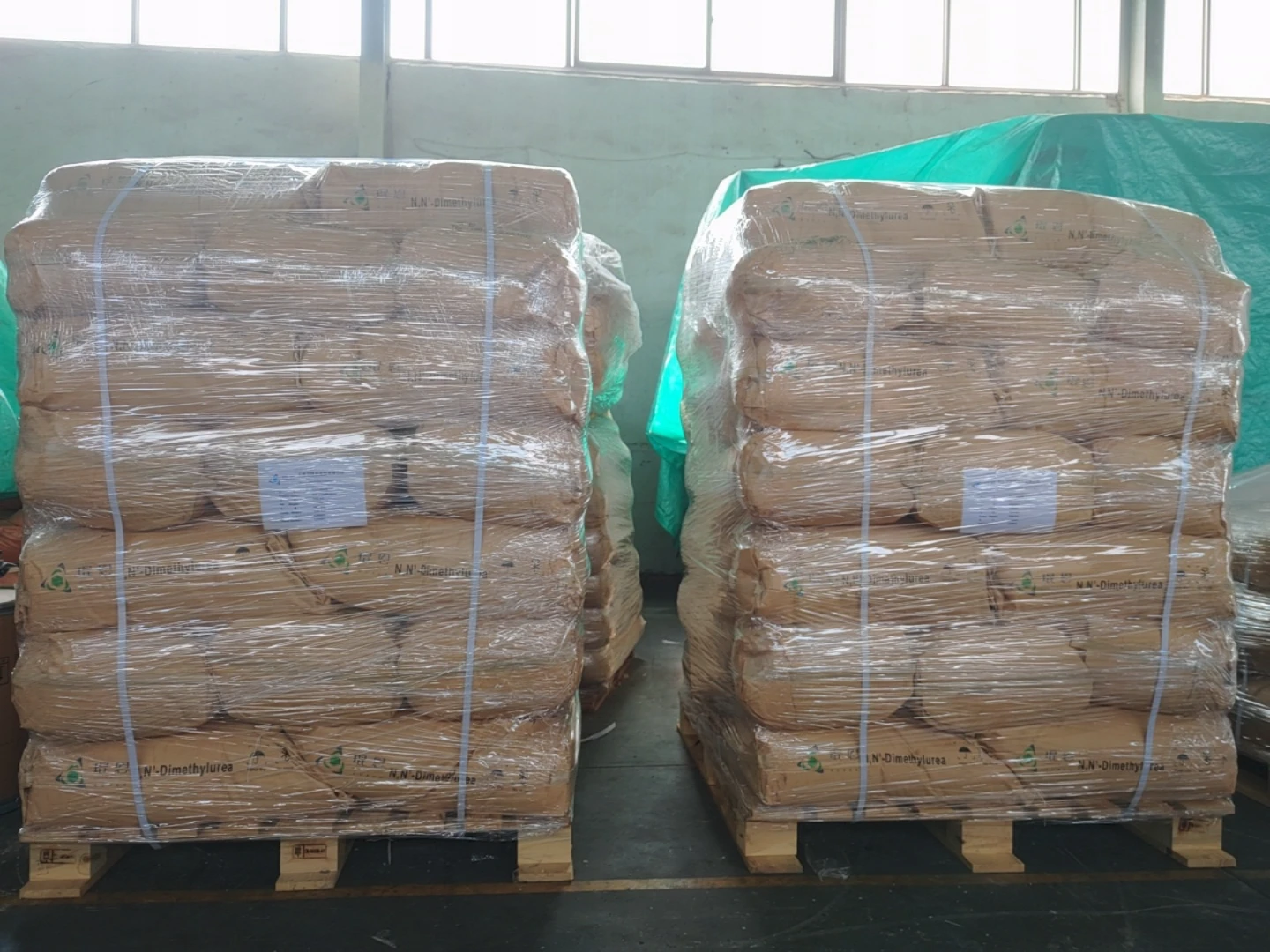The Role of API Intermediate Manufacturers in the Pharmaceutical Industry
Active Pharmaceutical Ingredients (APIs) are the cornerstone of the pharmaceutical industry, responsible for the therapeutic effects of medications. The production of APIs involves a complex process, often requiring rigorous manufacturing practices and stringent quality control. Within this framework, API intermediate manufacturers play a crucial role in the development and production of APIs. This article explores the significance of these manufacturers, their contributions to the pharmaceutical supply chain, and the challenges they face in today's market.
Understanding API Intermediates
API intermediates are chemical compounds that are synthesized during the multi-step process of producing an active pharmaceutical ingredient. These intermediates serve as building blocks, facilitating the conversion of raw materials into the final API. The synthesis of these intermediates is critical for ensuring the efficiency, yield, and quality of the API that is ultimately produced.
API intermediate manufacturers specialize in producing these compounds, and their expertise lies in the development of bespoke chemical synthesis routes that meet the specific requirements of pharmaceutical companies. They utilize advanced technologies and methodologies to produce intermediates with high purity and in an economically viable manner.
Importance in Drug Development
The role of API intermediate manufacturers extends beyond mere production. They are integral to the drug development process, starting from preclinical stages through to commercial manufacturing. Their services often include
1. Custom Synthesis Many pharmaceutical companies require tailored intermediates that fit unique formulations. API intermediate manufacturers collaborate closely with drug developers to create customized products that meet specific therapeutic needs.
2. Scale-Up Production Transitioning from laboratory-scale synthesis to commercial-scale production is a significant challenge in drug development. API intermediate manufacturers provide the expertise and infrastructure necessary to scale up processes efficiently while maintaining quality and compliance with regulatory standards.
3. Regulatory Compliance The pharmaceutical industry is heavily regulated, requiring manufacturers to adhere to stringent guidelines set by authorities such as the FDA and EMA. API intermediate manufacturers are well-versed in these regulations, ensuring that their products meet the required standards for safety, efficacy, and quality.
api intermediate manufacturers

4. Supply Chain Management Manufacturers often play an essential role in the supply chain by ensuring a consistent supply of intermediates. Given the complexity of drug formulations, disruptions in the supply chain can lead to significant delays in drug development and commercialization.
Challenges Facing API Intermediate Manufacturers
Despite their critical role, API intermediate manufacturers face several challenges in the modern pharmaceutical landscape
1. Cost Pressures The rising costs of raw materials and the need for advanced technological investments put pressure on manufacturers to optimize their processes and reduce costs without compromising quality.
2. Regulatory Hurdles As regulations evolve, manufacturers must continuously adapt their practices to comply with new requirements, such as quality assurance and environmental sustainability.
3. Market Competition The global market for APIs and intermediates is highly competitive, with many players vying for contracts. Manufacturers need to differentiate themselves through innovation, quality, and service.
4. Intellectual Property Concerns The development of novel intermediates often involves sensitive intellectual property issues. Manufacturers must navigate these complexities while protecting their innovations and respecting the rights of pharmaceutical companies.
Conclusion
API intermediate manufacturers are a vital component of the pharmaceutical industry, facilitating the production of active pharmaceutical ingredients that form the basis of medications. Their expertise in custom synthesis, regulatory compliance, and supply chain management is crucial for the successful development of new drugs. As the industry continues to evolve, these manufacturers will need to address challenges while continuing to support pharmaceutical companies in bringing safe and effective products to market. Their role underscores the importance of collaboration in the pharmaceutical supply chain, ultimately aiming to enhance patient care worldwide.

